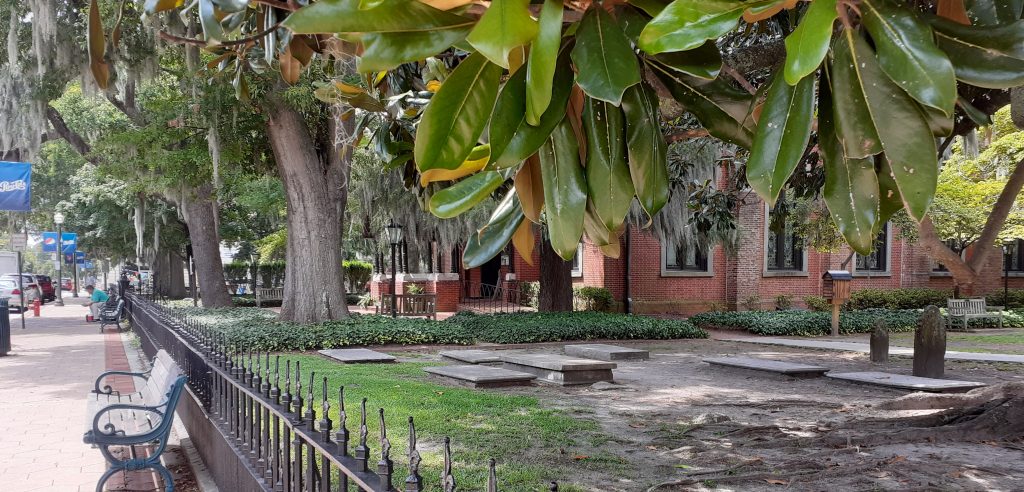
This year marks the 150th anniversary of Arbor Day, and its importance is just as relevant now as when it was first recognized. Established in 1872 as a tree-planting holiday, Arbor Day was first observed in Nebraska and was celebrated by the planting of more than a million trees. Arbor Day quickly grew into a national holiday before transitioning to a day recognized by many countries across the globe.
The national observance of Arbor Day takes place on the last Friday in April each year. North Carolina observes Arbor Day on the first Friday following March 15. This year, North Carolina Arbor Day will take place March 18.
“Trees clean our air, filter our water and are essential to wildlife habitats, which are benefits to all of us,” said Agriculture Commissioner Steve Troxler. “Planting trees is an easy way we can all contribute to the sustainable management and preservation of North Carolina’s forests for future generations.”
One goal identified in the recently updated North Carolina Forest Action Plan is to conserve and enhance the sustainable management of urban forests. Planting trees and responsible urban forest management at the local level including community involvement and participation in urban forestry recognition programs are critical to sustaining healthy forest resources in North Carolina.
North Carolina is fortunate to have a variety of state forestry programs that protect forest resources by supporting landowners and communities with tree-planting, site preparation and forest improvement, said David Lane, state forester. Among these are cost-share programs such as the Forest Development Program and the Urban and Community Forestry grant program, both managed by the N.C. Forest Service. The NCFS Urban and Community Forestry program also oversees the application and award process for Tree City USA, Tree Campus Higher Education, and Tree Line USA.
Learn more about N.C. Forest Service urban and community forestry programs and services at www.ncforestservice.gov/Urban/Urban_Forestry.htm. Learn more about the updated North Carolina Forest Action Plan at www.ncforestactionplan.com.
Via Philip Jackson, Public Information Officer, N.C. Forest Service

